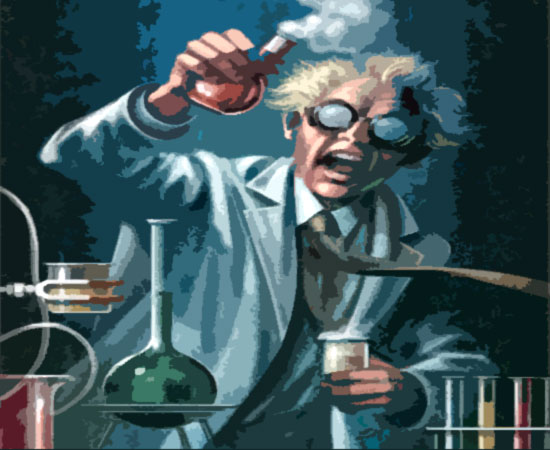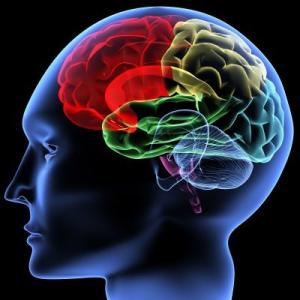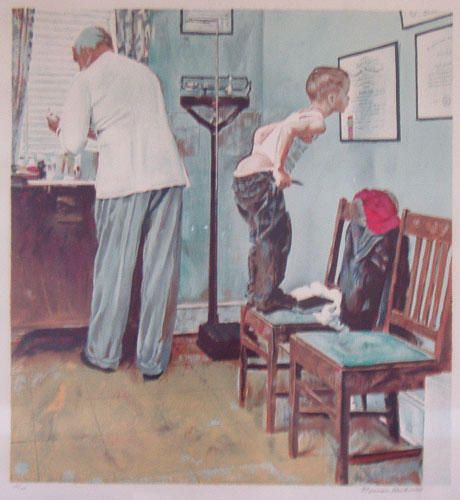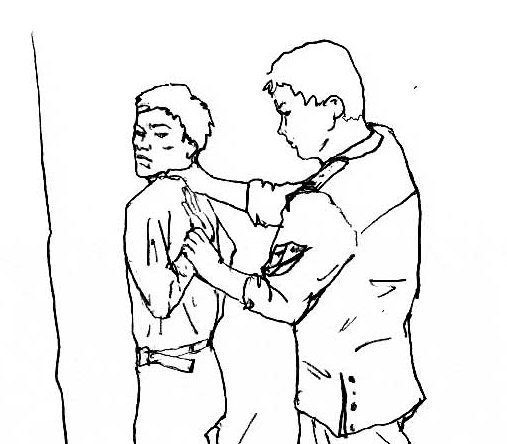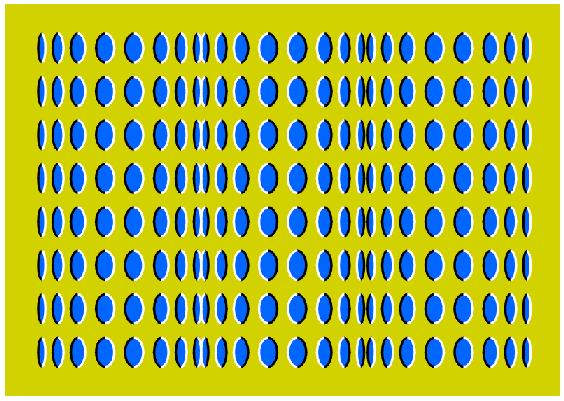A scathing editorial in The Columbia Spectator implores the school to cut ties with the National Center on Addiction and Substance Abuse (CASA). Their criticisms are not surprising to those of us familiar with addiction research: lack of control groups, causation vs correlation errors, and sensational claims.
Author: Steven Slate
Steven Slate has personally taught hundreds of people how to change their substance use habits through choice - while avoiding the harmful recovery culture and disease model of addiction.
World Series Baseball, Pain Medication, Addiction Falsehoods, And Existential Questions…
Addiction myths permeate our entire culture, even news coverage of the World Series. Which falsehoods are being spread, and how can we debunk them? Does pain medication cause “addiction” or “relapse”?
Critique Of Relapse Prevention Therapy Part 1: Fire Drills For Arsonists
Relapse Prevention Therapy has fast become a popular addiction treatment approach, but is it all it’s cracked up to be? Relapse Prevention may actually create a self-fulfilling prophecy whereby people expect to relapse.
Can a Self Help Book Work To End Addiction?
Do self help books really work? Can self help books really work for addiction and “recovery”? Research on so-called “bibliotherapy” shows that self-help books can be quite effective, even for problems such as addiction and depression, which we’re told can only be overcome with medical treatment.
Addiction as a Brain Disease is NOT Big News in 2011
ASAM declared addiction a brain disease in August, and it was front page news in a media frenzy – but was there any news worth printing there?
The Danger of The “Patient” Role In Addiction
Is it good to be a “patient” in regards to solving a volitional problem such as excessive substance use? Obviously, I say no.
The Twisted-Arm Error
The Twisted Arm Error is a phenomenon whereby failure in coerced attempts at addiction treatment confirm the notion that addiction is an incurable disease which requires ongoing cycles of treatment and a lifelong effort at “recovery.” This causes hopelessness for the plight of people with substance use problems and their loved ones.
The Clinician’s Illusion In Addiction and Recovery
A type of bias error called The Clinician’s Illusion has distorted all common knowledge about addiction and recovery. Learn a bit about The Clinician’s Illusion here.
Majoring In Dependence, With A Minor In Powerlessness
The Wall Street Journal documents the troubling phenomenon of recovery campuses. This trend will effectively hobble our children, and ensure that they struggle unnecessarily with drug and alcohol addiction.
Free Crackpipes! Harm Reduction Goes Into Left-field
Canadian harm reduction agencies responsible for safe injection sites and needle exchange programs are now proposing to give away free crack pipes and provide safe inhalation sites. But is this strategy actually effective at reducing the harm they claim to target?
